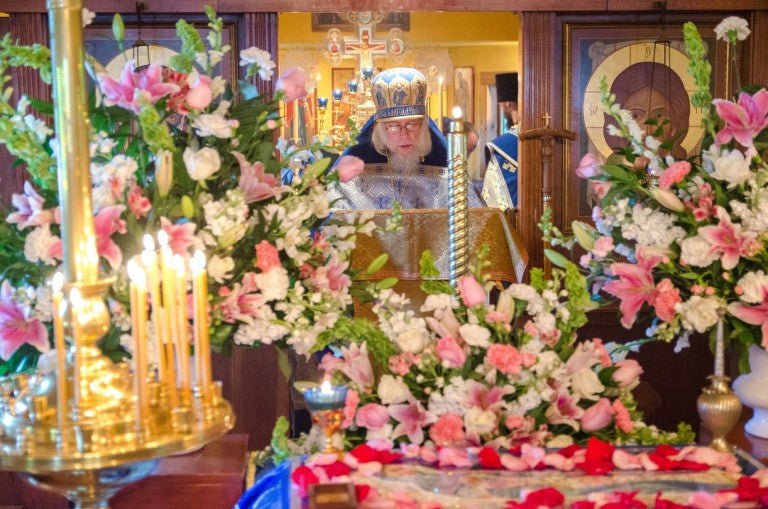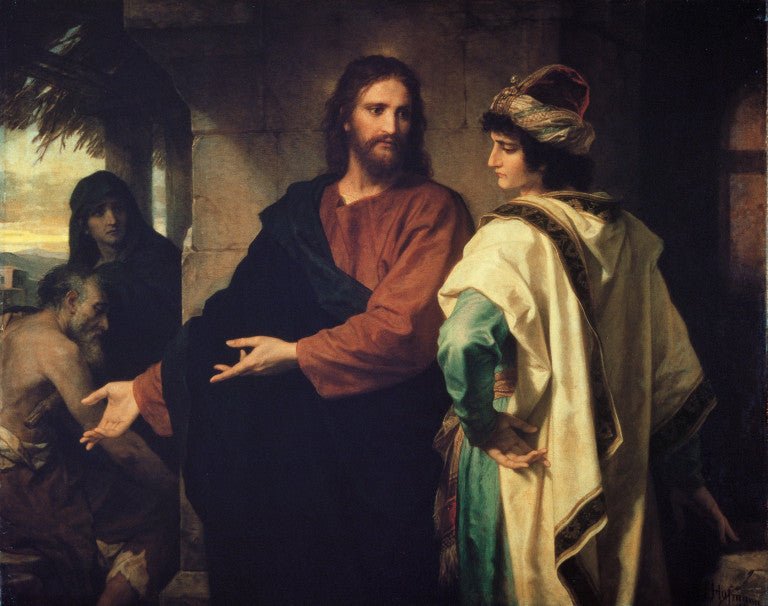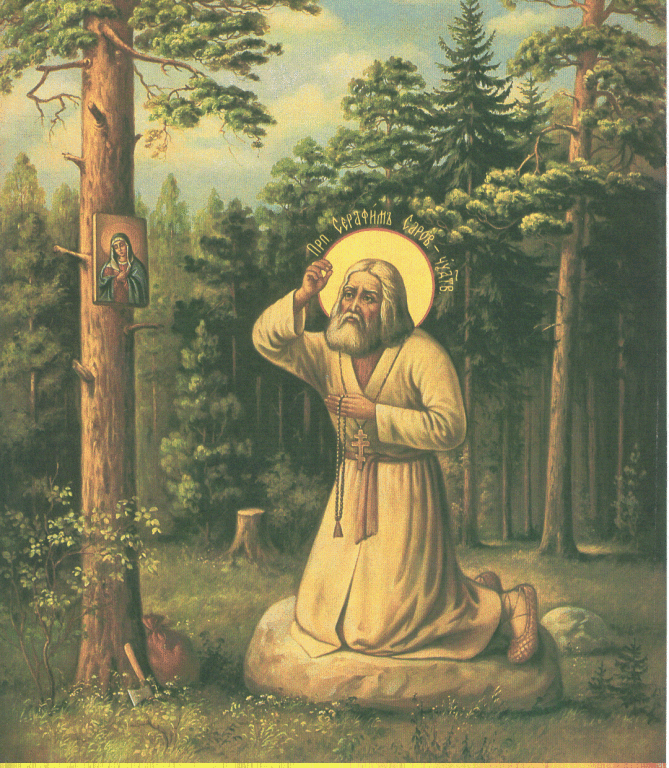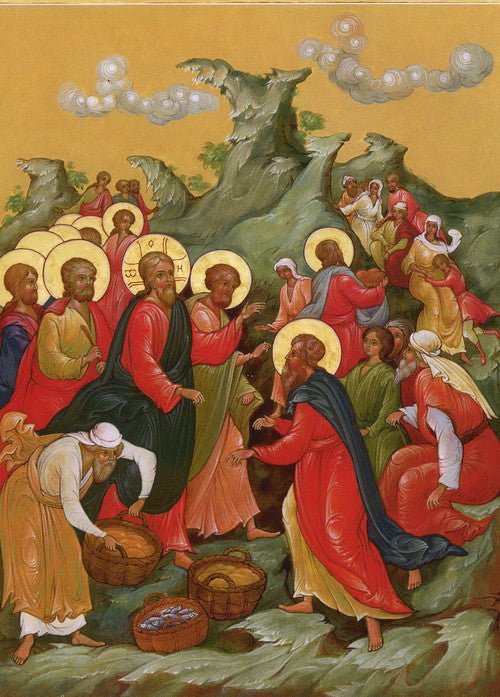Sermons & Homilies

St. Ephraim the Syrian says that to honor the Mother of God is to “unlock the gates of the heavenly Jerusalem”.

In today’s Gospel reading we hear a story that many of us are familiar with, the story in which a young man who had much wealth approached Christ and asked Him what he must do to inherit eternal life. St. John Chrysostom notes that this man was sincere and was not trying to trick Christ by his question or else he would not have left sorrowing. Christ answered the young man’s question saying, “keep the commandments.” The young man, after saying he has kept all the commandments from his youth until now, inquired further, because, as St. John writes, he “supposes that there are some other commandments besides the law which should procure him eternal life.”[1] Christ told him that if he would give up all of his riches he could be perfect. Upon hearing this, he walked away sorrowful because of the grip that the love of possessions had on his soul.


Today we celebrate the Feast of my beloved patron, Our Holy Father Seraphim the Wonderworker of Sarov.

Last Sunday, we heard in the Gospel reading and in the homily afterwards on the subject of spiritual blindness. The theme of blindness occurs constantly throughout the Holy Scriptures, both in the Old and the New Testament, and also throughout the writings of the Holy Fathers and especially in the hymnography of the Church. It is one of the most central metaphors for the relationship between fallen humanity and the Lord God, in large part because it demonstrates with particular clarity and potency the existential condition in which we have found ourselves after our fall into sin. We are not simply diseased, injured, weak or unwell; nor is it simply a question of our many and grievous transgressions, which cause us to stand condemned before the Dread Judgment Seat. Although both of these aspects, both of these metaphors of our condition are true and important, there is something deeper to the matter which the imagery of blindness can reveal to us.






